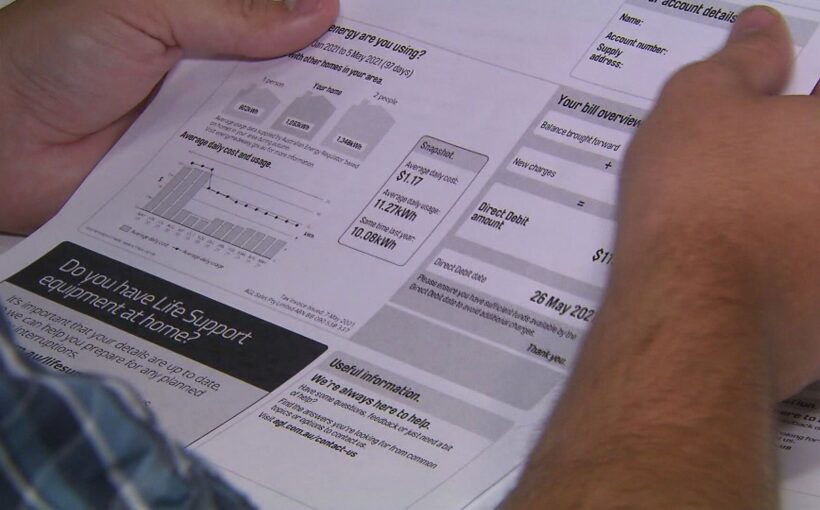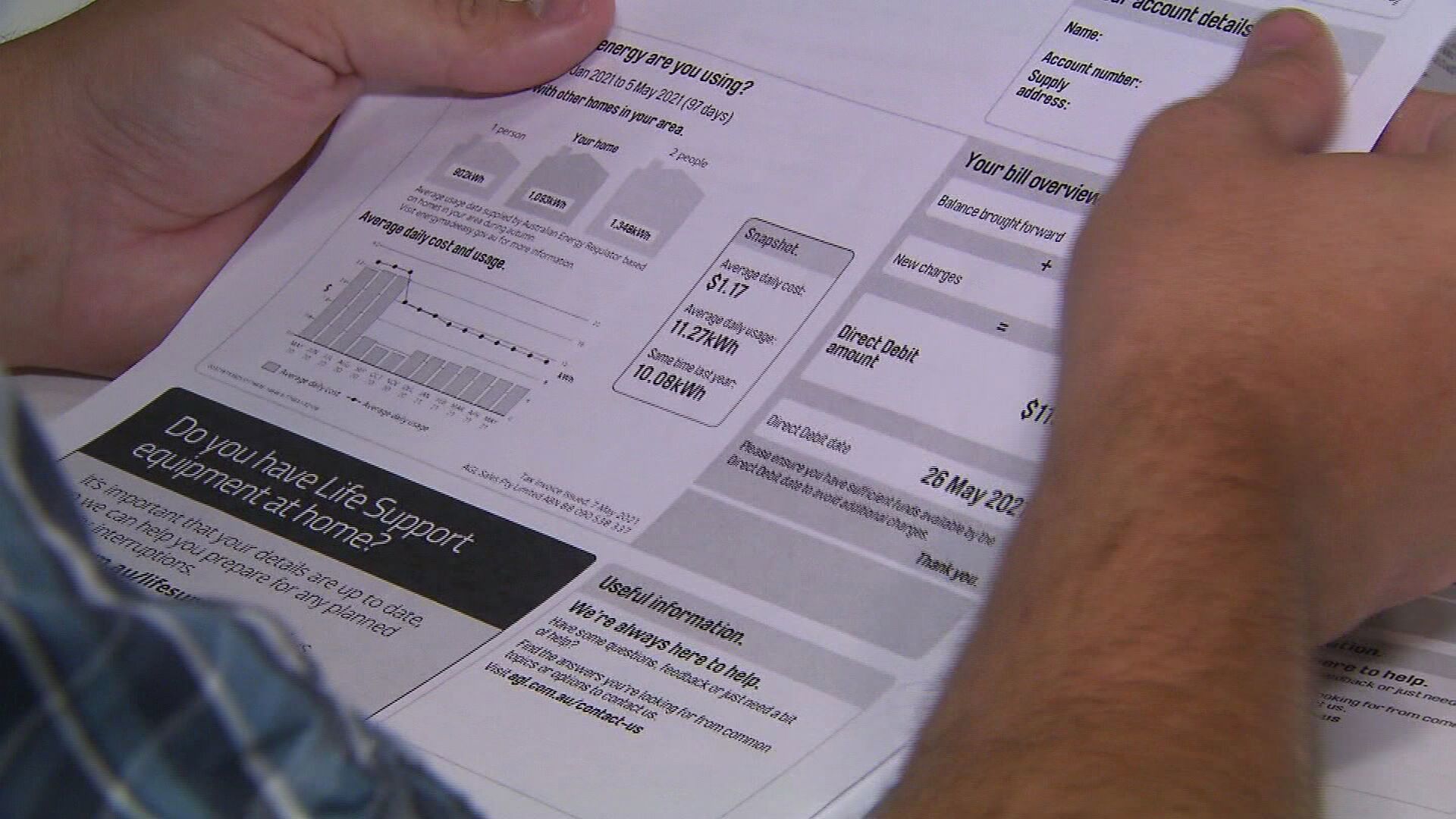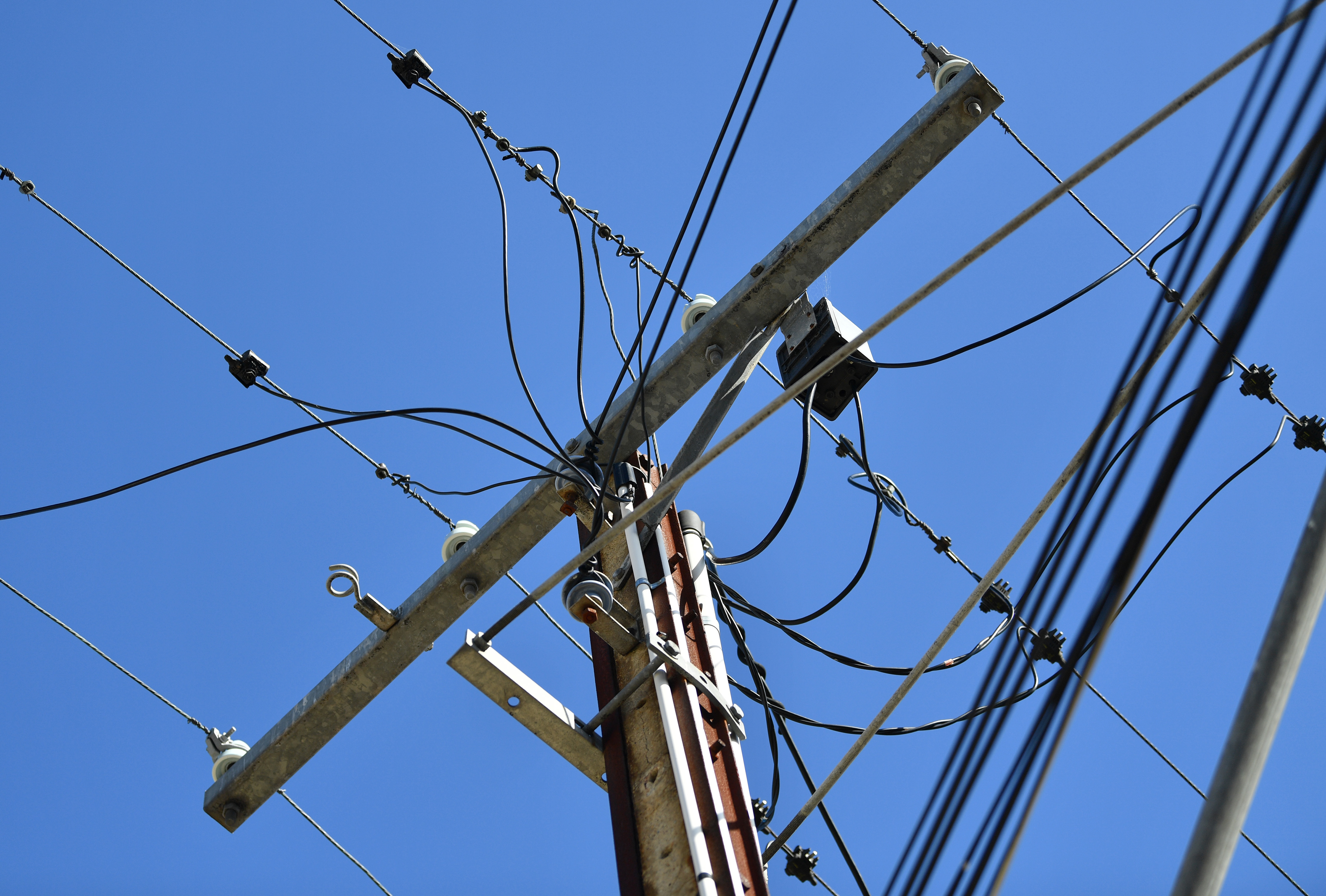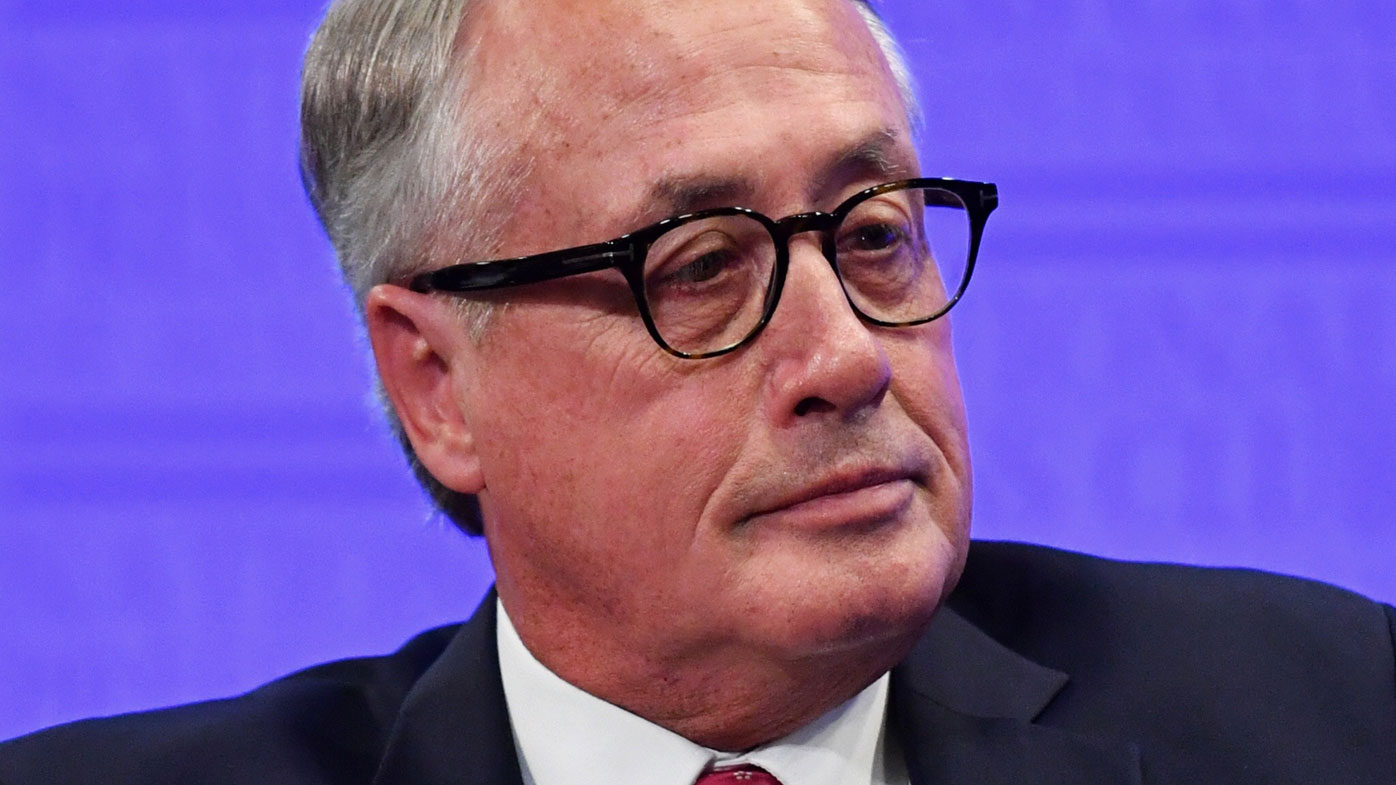Electricity prices in Australia are now among the highest in the world, with our bills eclipsing averages in the US and still showing no signs of slowing.
With some of nation's biggest suppliers – AGL, Origin and Energy Australia – confirming expected increases from July 1, customers can expect a costly winter.
For customers in New South Wales, AGL said households on variable rates can expect increases starting at 29.7 per cent ($540 per year).
READ MORE: Hundreds of thousands to be hit by big electricity bill increase
In Victoria, households can expect rises of 25.5 per cent ($341 per year), in Queensland prices will be hiked by 26.4 per cent ($447), while in South Australia, rates will rise by 29.8 per cent ($565).
For those with Origin, the provider announced increases of 21 per cent in NSW and Queensland, 24 per cent in South Australia and 25 per cent in Victoria.
Energy Australia said NSW customers can expect a 20.5 per cent increase – equating to around $338 per year.
An increase of 23.6 per cent is expected in Victoria (about $324 per year), in South Australia, residents will see a 23.2 per cent increase ($453), and in Queensland hikes of roughly 20.3 per cent are forecast ($363).
'Renewables are key'
While the price jump spells bad news for the average household, Labor Party president and former treasurer Wayne Swan said there is some hope on the horizon for cash-strapped Aussies.
"Renewable energy is the key, it's far cheaper than traditional fossil fuels," Swan said on Today.
"If the Coalition had left in place the carbon price we put in place in 2013, power prices in this country would be much cheaper.
"We don't have enough renewables in the system."
Swan said another driving factor in the soaring prices is our energy infrastructure - "the poles and wires" – being one of the largest in the world, meaning "we're dependent upon high-cost fossil fuels" spread out over "a huge distribution system."
"When the world events occur, that we have experienced, that pushes prices up," he said.
"That really hits consumers.
"Just goes to show we've got to get on with getting those renewables in place and you can't do it overnight."
READ MORE: Electricity prices set to soar by 20 per cent in some states
'Not a decision taken lightly'
"We understand that higher energy prices will put pressure on households and businesses amidst the broader cost of living pressures Australians are facing at the moment," an AGL spokesperson told 9news.com.au.
"Our decision to increase prices for our market contract customers is based on a detailed consideration of a range of factors including wholesale prices, network charges, retail operating costs, customer affordability and the value we offer to our customers."
Jon Briskin, head of retail at Origin, told 9news.com.au that "increasing prices is never a decision we take lightly".
"Especially at a time many people are struggling with higher cost of living," he said.
"We are protecting existing customers in our Power On hardship program by shielding them from these price changes so that they won't be impacted.
"We'll spend up to $45 million over the next 12 months to provide support to customers in hardship, which is in addition to the $30m in payment support we have provided over the past year."
Some 600,000 Aussies affected
Last month, the Australian Energy Regulator (AER) confirmed electricity prices will increase between 20 and 25 per cent from July 1 for about 600,000 customers.
The AER's decision will particularly impact customers in NSW, south-east Queensland and South Australia who are on the default market offer (DMO) over the coming financial year.
AER chair Clare Savage said the regulator had to balance the cost-of-living pressures customers faced with the need for retailers to recover reasonable costs.
"We know households and small businesses continue to face cost-of-living pressures on many fronts, and that's why it's important the DMO provides a safety net for those who might not have shopped around for a better power deal," Savage said.
Sign up here to receive our daily newsletters and breaking news alerts, sent straight to your inbox.






